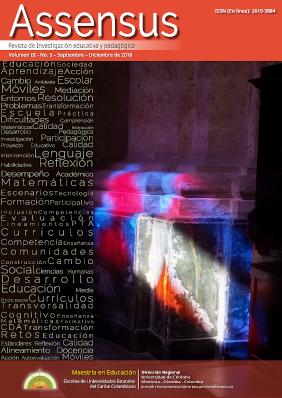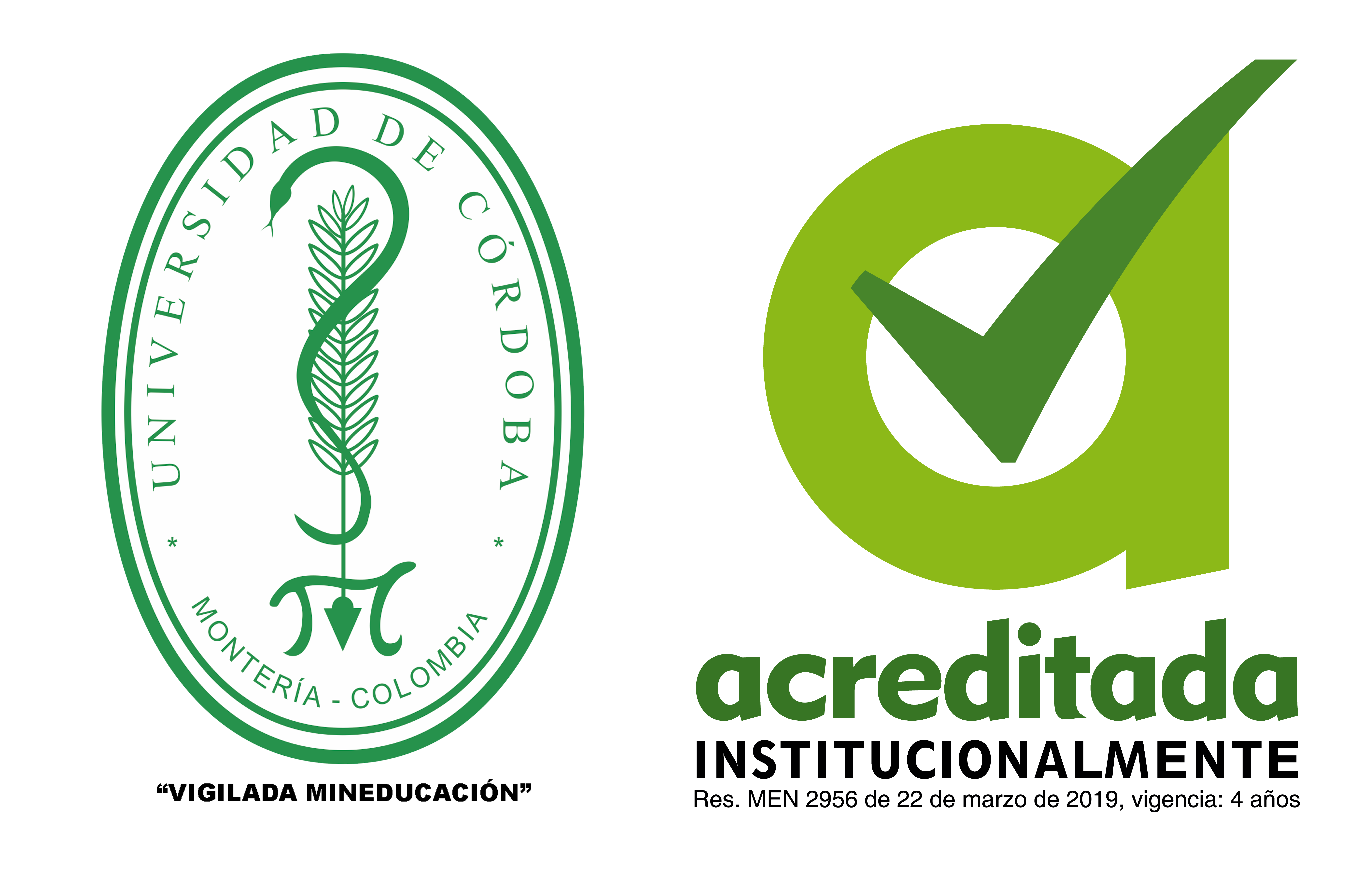Teaching and learning styles of teachers and students in relation to performance in the Social Science Area
Estilos de enseñanza y aprendizaje de maestros y estudiantes en relación con el desempeño en Ciencias Sociales
The Assensus journal has a Creative Commons license. The citation, use and partial or total reproduction of the contents is authorized by citing sources. For more information, see https://creativecommons.org/licenses/by-sa/4.0/deed.en
Show authors biography
This paper shows the results obtained by a research conducted since the year 2017 that emerged from the teachers’ interests in goals and challenges that come from the teaching practice in the Social Studies subject. The constant quest of pedagogical answers and teaching didactic, allowed determining the established relation between the teaching and learning styles of the teachers with the learning styles and class development in the social studies field in secondary and middle school students from a public school in Sincelejo, Sucre. Questionnaires CEE, CHAEA and CHAEA junior were used as data collection instruments. On the one hand the obtained results report that the Social Studies’ teachers that do not have a defined learning style tend to teach the subject with different teaching methodologies related with different learning styles and not necessarily using solely their own personal learning strategies. On the other hand, even though students from secondary school did not show an established learning style, they did show a tendency in the theoretical- Reflexive pragmatic style. In middle school it showed that students learn using the four learning styles proposed by Alonso, Gallego, and Honey (1994). The only relation found between teaching style and learning style of teachers is there is a connection between the open teaching style and the reflexive learning style. Also, it was found that the teaching style of Social Studies teachers do not meet the learning styles of their students. And finally it was established that the students’ learning style is directly related to their academic development and performance.
Article visits 1106 | PDF visits



